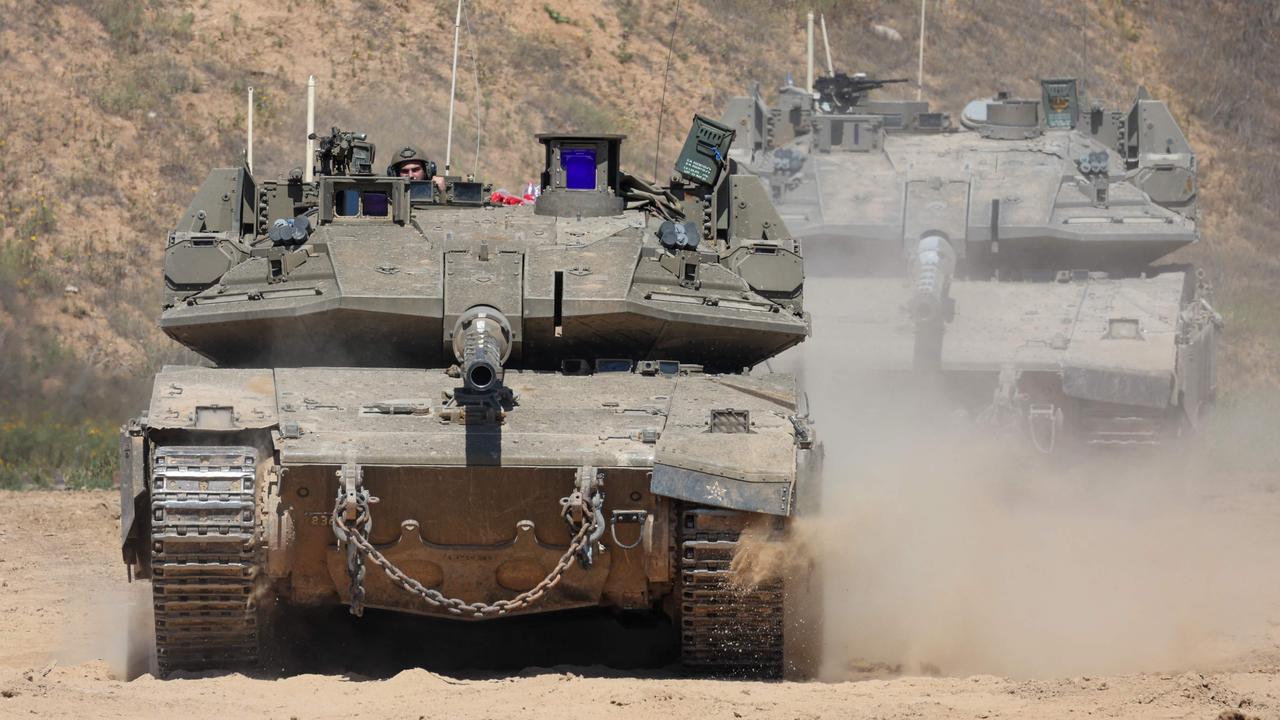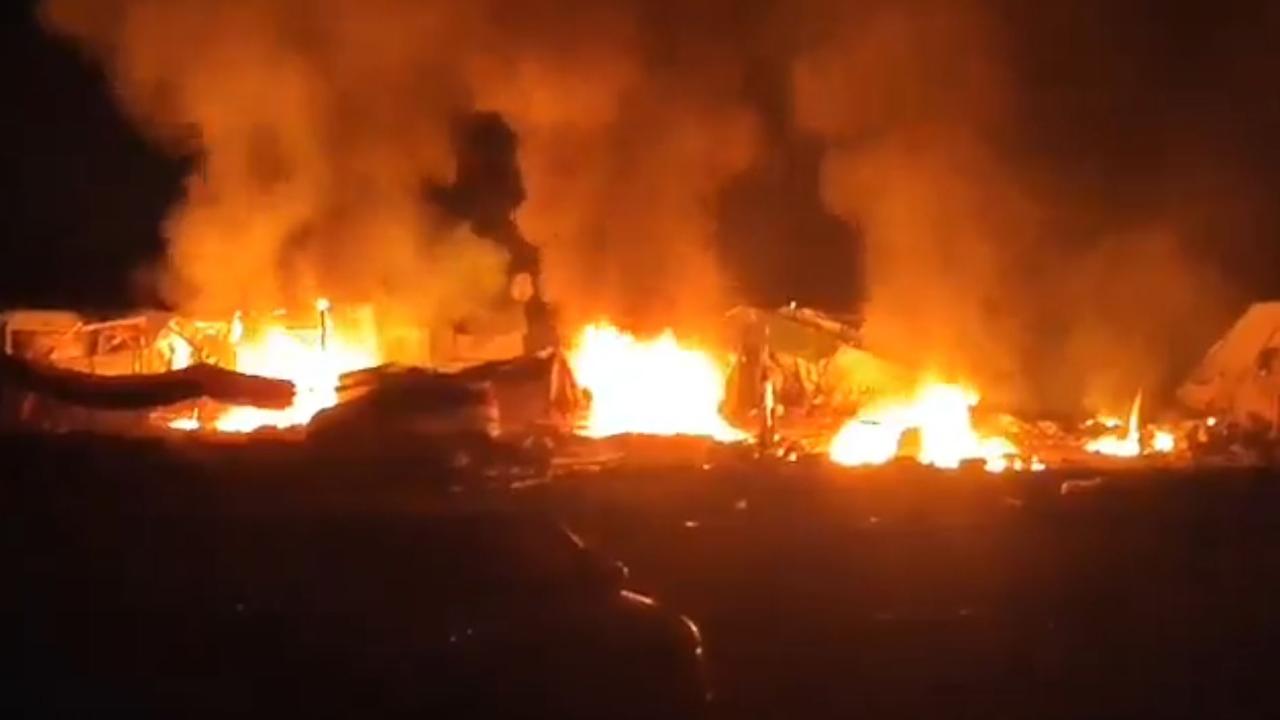Beirut blast could tip Lebanon over the edge
Lebanon was already on its knees before a blast turned large parts of Beirut to rubble, now there are fears it could be pushed over the edge.

Before swathes of Lebanon’s capital city were reduced to rubble by an enormous mushroom cloud explosion on Tuesday, the nation was already on its knees.
Now it is feared the blast, which has so far claimed at least 113 lives, will spark widespread social unrest in the crisis-stricken nation.
A major clean-up operation is beginning, but Beirut’s mayor said the devastation may have left 300,000 people homeless and the damage to the city could cost around $3 billion to repair.
The danger of the nation spiralling into chaos is not unthinkable given Lebanon is so often caught in the crossfire of regional conflicts.
The country endured a devastating 15-year civil war that ended in 1990, but political unrest has continued ever since and now a major economic crisis is threatening stoke tensions even further.
The Lebanese were already suffering under massive inflation and struggled to buy basic goods in some areas before the pandemic hit.
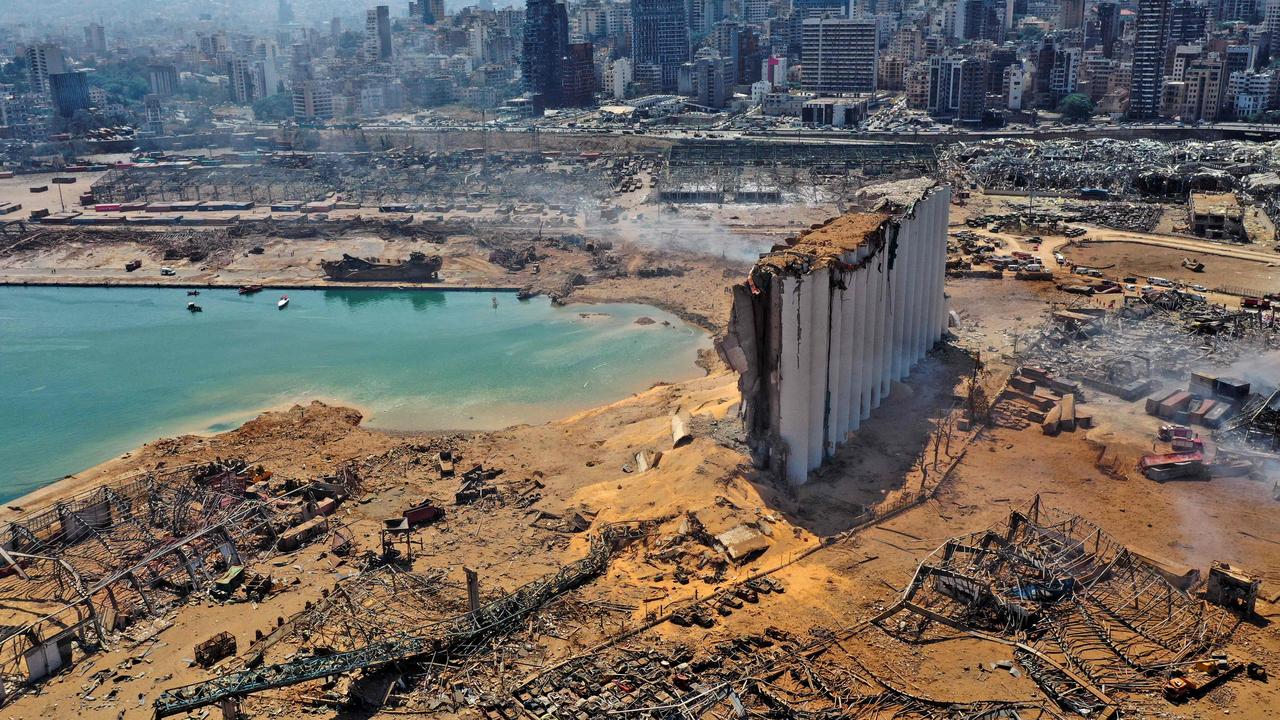
The government was limiting daily electricity to just two to four hours a day and the nation’s currency plunged 80 per cent.
Nearly half of the country’s population lives below the poverty line and 35 per cent are out of work, according to official statistics. Fuel shortages and bread lines have become common.
Human Rights Watch says the nation is at breaking point, with residents unable to access basic services like health care and education.
“Lebanon’s people are being robbed of basic rights every day while politicians squabble over the size of the country’s financial losses and hamper efforts at reform,” said Aya Majzoub, a Lebanon researcher at Human Rights Watch.
RELATED: Deadly substance that caused Beirut blast and why it exploded
RELATED: How you can help after Lebanon’s devastating explosion
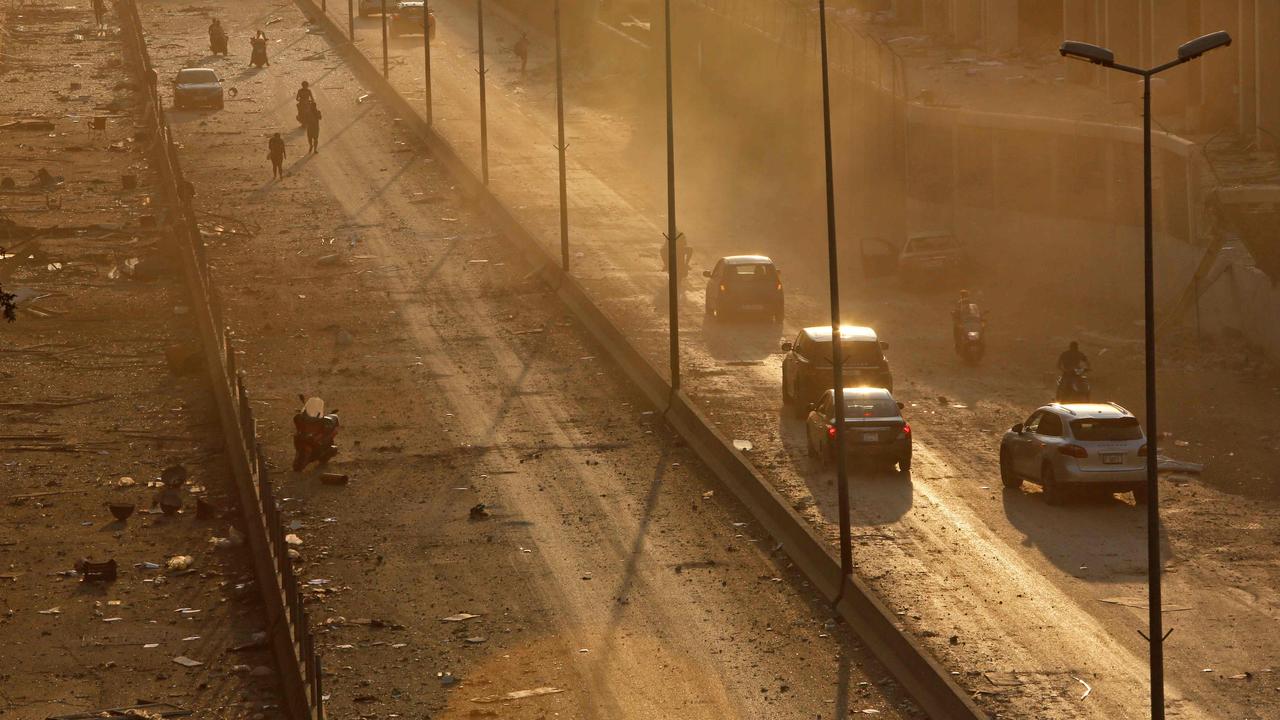
The economic crisis is likely to worsen given that in March, the nation announced it was defaulting on its debts of $92bn – which is nearly 170 per cent of its GDP.
Another concern is that Beirut’s port, which looks to have been almost entirely flattened by Tuesday’s blast, is Lebanon’s largest maritime gateway — meaning the nation will take a hit in trying to bring in sorely-needed food and medical supplies.
Tobias Schneider, a researcher at the Global Public Policy Institute said Lebanon relies on imports for 90 per cent of its wheat – which is used to make the country’s staple flatbreads. The majority of that came through Beirut’s port.
This is devastating. Lebanon was already spiralling, in the midst of a political and currency crisis with accelerating COVID-19 cases. People were going hungry - and that's the city's largest grain elevator right there. pic.twitter.com/HiGPBhLGVh
— Tobias Schneider (@tobiaschneider) August 4, 2020
The global coronavirus pandemic is adding further fuel to the nation’s economic misery.
Lebanon has recorded more than 5000 cases and 65 deaths. While the numbers are low compared to Australia’s they have spiked recently and are spreading to new parts of the country.
The nation’s health ministry has warned cases will spread rapidly because lockdown rules had been broken by many.
Now a five-day lockdown has ended, doctors have warned the country’s fragile health system is already “beyond its capacity”.
“Intensive care rooms at Rafik Hariri University Hospital are now full and, if the situation remains the same during the coming days, the hospital will not be able to accommodate the cases requiring intensive care,” Dr Osman Itani, a pulmonologist and intensive care specialist, told Arab News on Sunday.
“The number of cases currently exceeds 100 per day, and this is a big problem that cannot be addressed by the health system as it is beyond its capacity.”
Lebanon is also dealing with a political crisis. The nation was rocked in October by a series of nationwide protests against corruption, economic mismanagement and sectarian politics, which forced the resignation of then-Prime Minister Saad Hariri.
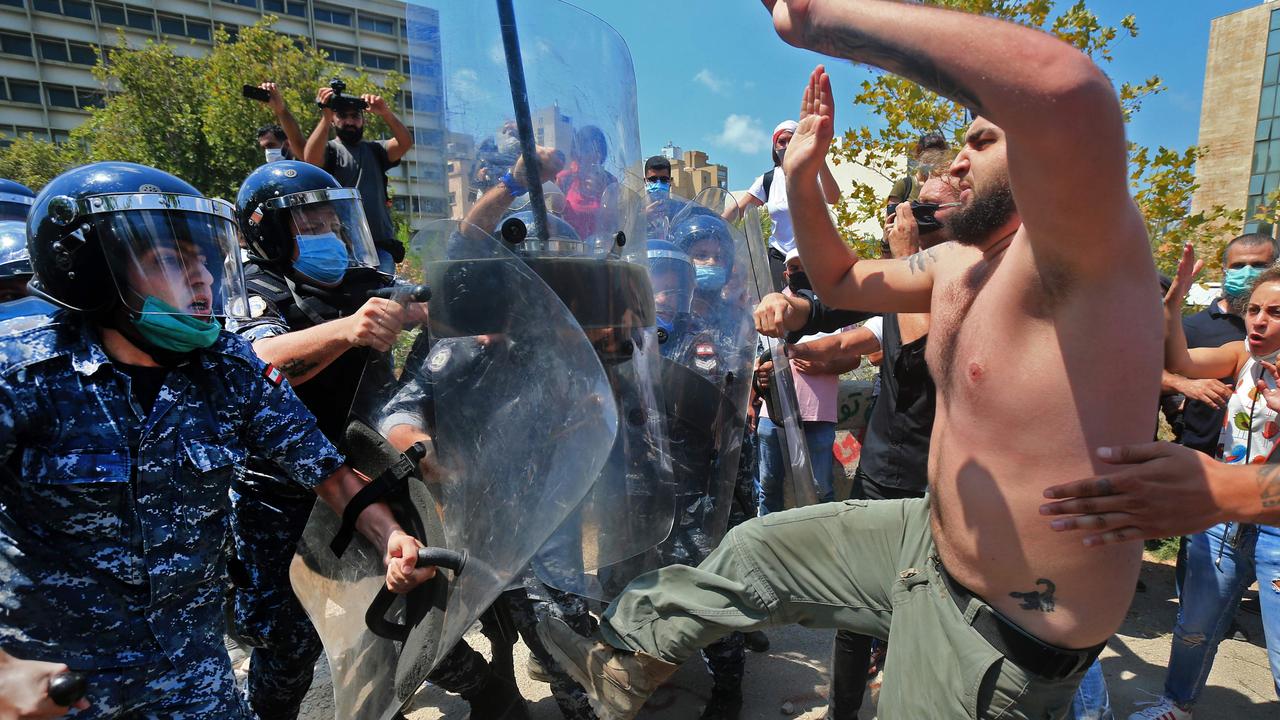
That died off for a few months, but the nation’s growing economic crisis and sharply rising prices brought angry demonstrators out to the streets again in June.
Prime Minister Hassan Diab’s revelation that 2750 tonnes of ammonium nitrate were being stored in a warehouse on Beirut’s port for years before Tuesday’s explosion is already fuelling widespread anger on social media.
The New York Times reports that Lebanese officials knew that thousands of tons of the highly explosive fertiliser had been stored there for years but didn’t respond to the danger.
The nation’s political crisis deepened this week even before the blast as its foreign minister quit, accusing colleagues of lacking any intention to institute meaningful reforms and warning that conflicting interests threatened to turn the country into “a failed state.”
On top of everything else, the nations was expecting a verdict on the 2005 murder in a huge Beirut bomb blast of former leader Rafic Hariri.
However, because of the situation in Beirut, a UN-backed tribunal overnight said it had suspended the verdict until a later date.
For now the city is trying to get back on its feet. There are 300,000 people without a home in Beirut and hundreds of Lebanese have offered shelter to strangers displaced by using the hashtag #ourhomesareopen on social media.
Tributes and offers of aid, rescue workers and food have flooded into the country since the blast, after an appeal from Lebanese leaders.
Pop up field hospitals and tracking dogs were also provided, with the Gulf states first to respond, including Qatar sending mobile hospitals, Kuwait sending medical supplies.
Australia has announced it will send $2 million in aid to the country.



